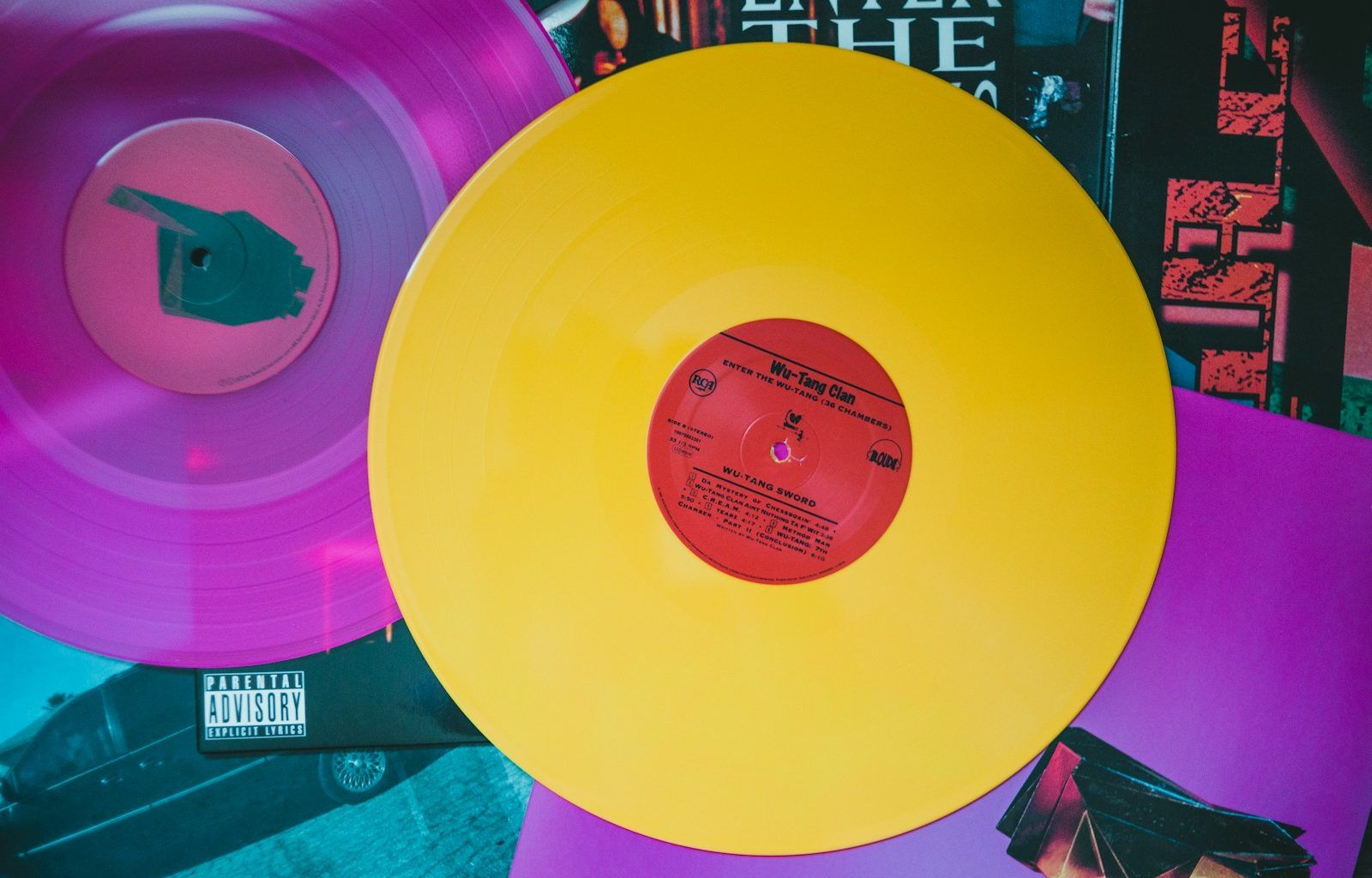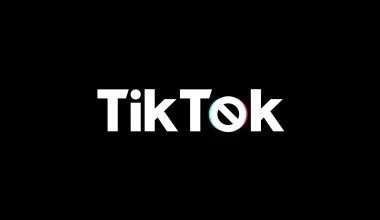As an artist, creating music is your passion, but getting paid for your hard work is just as important. If you’ve released an album, Spotify is one of the best platforms to turn your music into a steady income stream. However, simply uploading your album isn’t enough. You need to learn how to monetize your album on Spotify to get paid effectively. In this guide, we’ll walk you through actionable steps to maximize your Spotify revenue, grow your listener base, and establish yourself as a successful artist. Let’s dive in!
Understand How Spotify Pays Artists
Spotify operates on a revenue-sharing model. It pays artists through royalties, which come from subscription fees and ad revenue. Every stream generates a small royalty, but your earnings depend on various factors like your location, the type of listeners you attract, and the distribution deal you’ve signed.
To monetize your album on Spotify to get paid, you need to ensure your tracks are getting more plays and reaching the right audience. Let’s break down how to get started.
Upload Your Album the Right Way
Before you can start earning, your album must be uploaded to Spotify. You can’t upload music directly as an artist; instead, you need a distributor. Services like TuneCore, CD Baby, or DistroKid help you distribute your music to Spotify and other streaming platforms.
Make sure your album is properly tagged with accurate metadata, such as song titles, artist names, and ISRC codes. This ensures Spotify can track streams and allocate royalties correctly.
Optimize Your Artist Profile
Your Spotify artist profile is your digital storefront. A well-optimized profile helps you attract listeners and convert them into loyal fans. Follow these steps:
- Upload High-Quality Visuals: Add an engaging profile picture and album cover.
- Write a Compelling Bio: Share your story to connect with your audience.
- Add Links: Include links to your social media, website, or merch store.
- Use Spotify for Artists Tools: Claim your profile to access insights and promote your music effectively.
Create Playlists to Boost Your Album’s Visibility
Playlists are a key driver of streams on Spotify. When your album is added to a playlist, it reaches more listeners. To monetize your album on Spotify to get paid, aim to get your music featured in both user-generated and official Spotify playlists.
Start by creating your own playlists. Include tracks from your album alongside songs from similar artists. Share these playlists on social media to attract followers. Additionally, pitch your music to playlist curators who might include it in their popular collections.
Promote Your Album Beyond Spotify
Spotify success doesn’t happen in isolation. You need to build a strong presence across multiple platforms to drive traffic to your album. Here’s how:
- Use Social Media: Post snippets of your songs, behind-the-scenes videos, and announcements to engage your followers.
- Leverage Email Marketing: Send newsletters to your mailing list with updates about your album and Spotify links.
- Collaborate with Influencers: Partner with music influencers to promote your album to their followers.
Engage Your Audience Regularly
Fan engagement is crucial to building a loyal listener base. Reply to comments on your tracks, share user-generated content, and host Q&A sessions. Spotify also offers tools like “Fan Support” to encourage listeners to support your music financially.
The Spotify algorithm rewards engagement. When fans save your album to their libraries or share it with others, it signals Spotify that your music is worth promoting. To monetize your album on Spotify to get paid more effectively, encourage fans to engage with your music by:
- Asking for Support: Remind listeners to follow you and save your album.
- Creating Shareable Content: Use visuals or short videos that fans can easily share.
Use Data to Refine Your Strategy
Spotify for Artists provides valuable insights into your listeners’ demographics, favorite tracks, and locations. Use this data to tailor your promotional efforts. For example, if you notice a strong fanbase in a specific city, consider planning live performances or targeted ads in that region.
Collaborate with Other Artists
Collaboration is a great way to expand your audience. Partner with other artists on tracks, remixes, or live events. This not only introduces your album to new listeners but also strengthens your network within the music industry.
Maximize Royalties with Multiple Revenue Streams
Spotify royalties are just one part of the equation. To fully monetize your album, explore other revenue opportunities:
- Merchandising: Sell branded merchandise alongside your music.
- Licensing: Offer your tracks for use in TV, films, or commercials.
- Crowdfunding: Use platforms like Patreon to gain direct financial support from fans.
Invest in Ads to Promote Your Album
Spotify Ad Studio allows you to run audio and video ads targeting specific listener groups. Ads can help you reach new listeners and boost your streams, ultimately increasing your earnings.
Stay Consistent and Patient
Earning money on Spotify doesn’t happen overnight. To monetize your album on Spotify to get paid consistently, keep releasing high-quality music and engaging with your audience. Regular uploads and strategic promotion ensure long-term success.
Conclusion
Monetizing your album on Spotify to get paid is a journey that combines creativity with strategy. By optimizing your artist profile, promoting your album across platforms, and engaging with your fans, you can turn your music into a sustainable income source. Use the tools and tips shared in this guide to grow your Spotify revenue and solidify your place in the music industry. Remember, the key is to stay consistent, learn from your data, and always connect with your audience. Happy streaming!
For further reading, explore these related articles:
- How to Add Music to TikTok from Phone: A Simple Guide
- How to Use TikTok Finder by Video to Discover and Connect
- Can I Upload Part of Songs on iTunes Music?
For additional resources on music marketing and distribution, visit DMT Records Private Limited.






